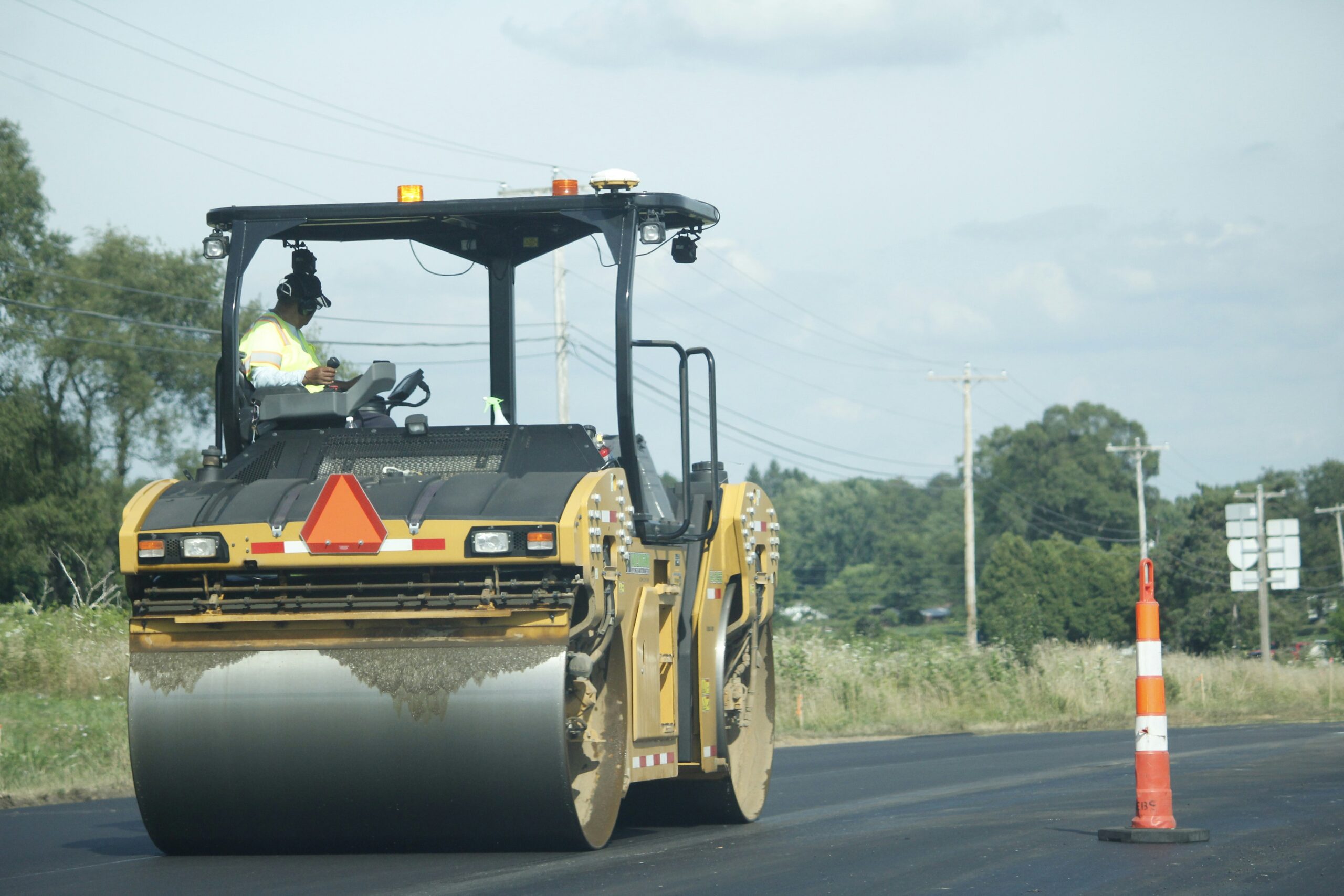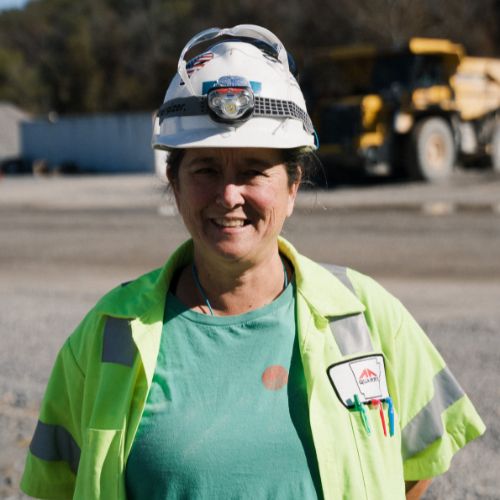When Repaving a Road Becomes Necessary
When repaving a road becomes necessary, it’s usually because regular maintenance no longer addresses the damage, safety concerns, or functionality. Roads endure constant pressure from heavy traffic, extreme weather, and natural wear and tear, leading to issues like potholes, cracks, or uneven surfaces.
Ignoring these signs can compromise safety and increase long-term repair costs. Below, we outline the key signs, benefits, and process of road repaving so you can make informed decisions.
Signs It’s Time to Repave
When roads start to show signs of severe damage, it’s important to assess whether repaving is the best option. Here are common indicators: Potholes and Crumbling Sections: Large potholes or crumbling areas often indicate deep structural issues that cannot be resolved with surface patching. These problems worsen over time and can pose significant risks to vehicles.
- Deep or Widespread Cracks: While minor cracks can be sealed, deep or expansive cracking – like alligator cracking – suggests that the road’s foundation is compromised. This requires more extensive repaving to restore stability.
- Drainage Problems: If water pools on the surface after rain or does not drain properly, it can weaken the road base. Chronic drainage issues can exacerbate road damage and necessitate repaving.
- Uneven or Warped Surfaces: Roads may develop an uneven or warped texture, causing a bumpy ride for drivers. This could be due to a weakening base or underlying soil issues, indicating the need for a repave.
The Importance of Timely Repaving
Delaying repaving a road can:
-
Increase repair costs by allowing minor damage to spread.
-
Create safety hazards for drivers and pedestrians.
-
Reduce efficiency as damaged roads slow traffic and increase vehicle wear.
For more on road safety, visit the Federal Highway Administration’s pavement resources.
What Repaving Involves
Repaving a road involves more than just applying a fresh layer of asphalt. Here’s a brief overview of the steps involved:
- Inspection and Planning: Engineers inspect the road to determine the extent of the damage and plan the necessary work. This stage may involve evaluating the road base and identifying drainage problems.
- Removing the Old Surface: Milling machines remove the damaged top layer, which can often be recycled. This ensures a stable foundation for the new surface.
- Repairing the Base: If the base layer is damaged, it is repaired or reconstructed to ensure the road can withstand future use. This step is crucial for longevity.
- Repaving with New Asphalt: A new asphalt layer is laid down, compacted, and smoothed. Quality materials and expert craftsmanship ensure durability.
Benefits of Repaving
Repaving isn’t just about appearance; it offers significant advantages:
- Enhanced Safety: Smooth, even roads reduce the risk of accidents.
- Extended Lifespan: Repaved roads last longer and require fewer repairs over time.
- Improved Aesthetics: New pavement boosts curb appeal, which can be beneficial in commercial areas or neighborhoods.
FAQs When Repaving a Road Becomes Necessary
- How long does repaving typically last? With proper maintenance, a repaved road can last anywhere from 10 to 20 years, depending on usage and environmental factors.
- Can weather affect the repaving process? Yes, weather conditions play a significant role in paving. Cold or rainy weather can hinder the setting process of asphalt, so warmer, drier conditions are ideal.
- Is repaving better than regular patching? For roads with extensive damage, repaving is more cost-effective and reliable in the long run compared to patching, which only provides a temporary solution.

Join a fast-growing industry where hard work pays off

I can say that working at Redstone has made a positive impact on my life by giving me a sense of responsibility and trust. I'd recommend others to apply because they'll have the opportunity to learn, grow, and expand their skill sets!
Bert Houston, Heavy Equipment Washer

I was an on-road truck driver, but decided to get off the road so I could be home and I chose Redstone. I started in the transportation dept and have moved to the AA quarry driving haul trucks, water trucks, and trying different things. It's been rewarding and I've enjoyed my time here!
Jerilyn, Water Truck Driver

Being on the RedStone team is different because of the way everybody works together and there is no job too big or small. It feels like a family environment.
Craig, Base Superintendent

Working at Redstone has helped me grow as a mechanic. We value flexibility here and I’ve been able to learn new skills and work on a variety of different tasks - plus the hours are great.
Armando Torres, Small Engine Mechanic
Contact Us Today
When it comes to maintaining roadways, Redstone Construction Group has the expertise and resources to handle projects efficiently and professionally. Located in Little Rock, Arkansas, and serving the surrounding areas, we offer comprehensive services, including asphalt repaving, base repair, milling, and more. For inquiries or to schedule a consultation, contact us at (501) 374-1557 or via email at info@redstone-cg.com. Trust us to keep your roads safe, functional, and built to last.

